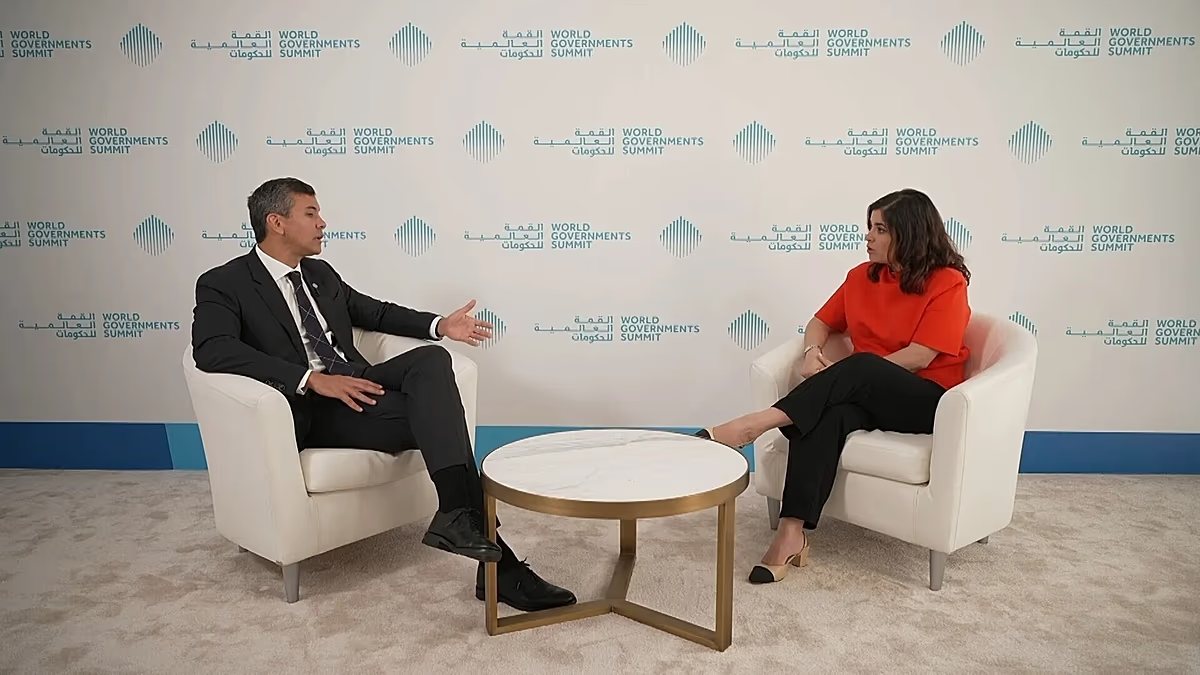Nearly 80% of Paraguay without electricity amid heat wave

Feb. 19 (UPI) — A massive blackout left nearly five million people without electricity in Paraguay amid a heat wave that pushed temperatures above 108 degrees Fahrenheit across large parts of the country and as high as 116 degrees Fahrenheit in some areas, according to local meteorological reports.
The outage affected 90% of customers of the National Electricity Administration, or ANDE, the state-run company that supplies nearly the entire population of 6.4 million people.
The interruption on Wednesday also disrupted drinking water services in urban areas due to reliance on electric pumping systems. Nearly 24 hours after the blackout, service had not been fully restored.
The lack of power also impacted health centers and hospitals in cities across the country’s interior. In those cases, emergency infrastructure and generators failed, and doctors and nurses were forced to perform surgical procedures, including a cesarean section, using the light from their cell phones.
Following the blackout, ANDE attributed the interruption to transmission lines going out of service within the system that connects to the Itaipú hydroelectric plant. The company later denied any malfunction at its facilities and said generation operated normally.
Paraguay is one of the world’s largest producers of hydroelectric power thanks to dams such as Itaipú and Yacyretá, which generate surpluses that are even exported to neighboring countries.
In January, Itaipú covered more than 80% of national electricity demand. However, the transmission and distribution system faces scrutiny over recurring failures and a lack of investment.
Specialists argue that the problem does not lie in energy generation but in the limitations of the transmission and distribution system.
“If we continue growing at the current pace, the system will not withstand it,” engineer Guillermo Krauch of the Paraguayan Institute of Electrical Sector Professionals told UPI.
The blackout comes as President Santiago Peña and Foreign Minister Rubén Ramírez Lezcano are scheduled to hold meetings in the United States with executives from the U.S. International Development Finance Corporation to analyze potential investment projects related to data centers and artificial intelligence developments in Paraguay.
The government of President Santiago Peña approved special electricity tariffs for large consumers, including data centers, cloud computing, artificial intelligence and high-energy industrial projects.
The Ministry of Industry and Commerce seeks to position Paraguay as a regional technology hub supported by its renewable energy, abundant water resources and comparative cost advantages.
However, technical organizations warn that the accelerated expansion of high-consumption industries could worsen service deterioration if transmission infrastructure is not strengthened.
Víctor Giménez, special projects adviser at the Yacyretá dam, said Paraguay lived for decades under a “false sense of energy security.”
“That time is over. Companies now arrive with the intention to invest, but they leave once they understand there is no guarantee of electricity supply for the next five years,” he said.
Peña is currently in Washington to participate in the Board of Peace and hold meetings with business leaders interested in installing data centers in Paraguay.
The heat wave has lasted several days, and Paraguay ranked among the locations with the highest temperatures recorded globally this week.

